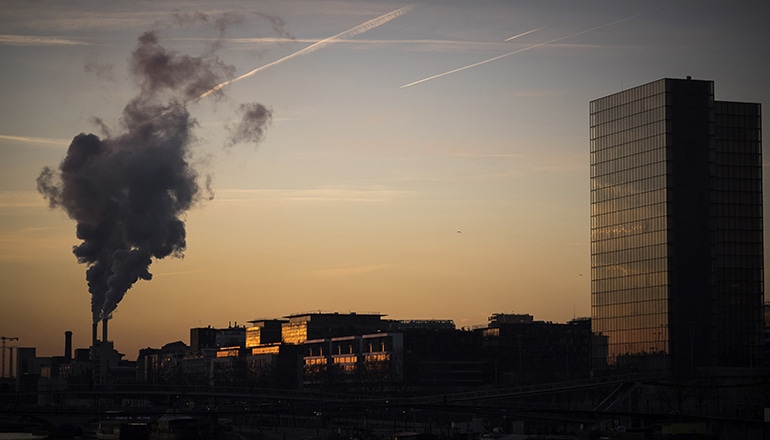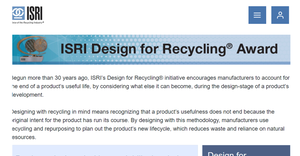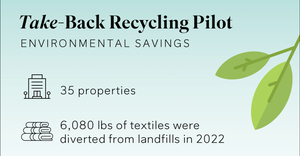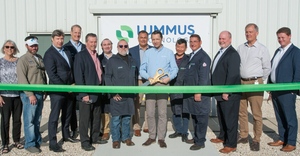The study looked at the concentration of emissions arising from 22 municipal waste incinerators in Great Britain.

A recent study funded by Public Health England and conducted by Imperial College London’s Small Area Health Statistics has found that there is no link between the opening of energy-from-waste (EfW) facilities and a greater risk of infant mortality rates or birth defects.
The study looked at the concentration of emissions arising from 22 municipal waste incinerators (MWIs) in Great Britain and is the final part of a wider series of studies that has investigated the health risk of those living close to EfW plants, Letsrecycle.com reports.
The latest study looked at the risk of congenital anomalies in babies born to mothers living within 6 miles or so of one of 10 energy-from-waste plants in England and Scotland operating between 2003 and 2010.
However, the study did report the following:
“We found no increased risk of congenital anomalies in relation to modelled PM10 emissions, but there were small excess risks associated with congenital heart defects and genital anomalies in proximity to MWIs. These latter findings may well reflect incomplete control for confounding, but a possible causal effect cannot be excluded.”
Letsrecycle.com has more information:
An official study on the health impacts of emissions from energy from waste facilities has ended with the findings that there is no link between the opening of EfW plants and a heightened risk of infant mortality or other birth defects.
The study, which was funded by Public Health England, was carried out by Imperial College London’s Small Area Health Statistics Unit (SAHSU) and addressed the question of any health impacts of emissions from EfW in new-born children.
Published this week, the findings of the study follow on from earlier work looking at the concentration of emissions arising from 22 municipal waste incinerators (MWIs) in Great Britain.
About the Author(s)
You May Also Like


